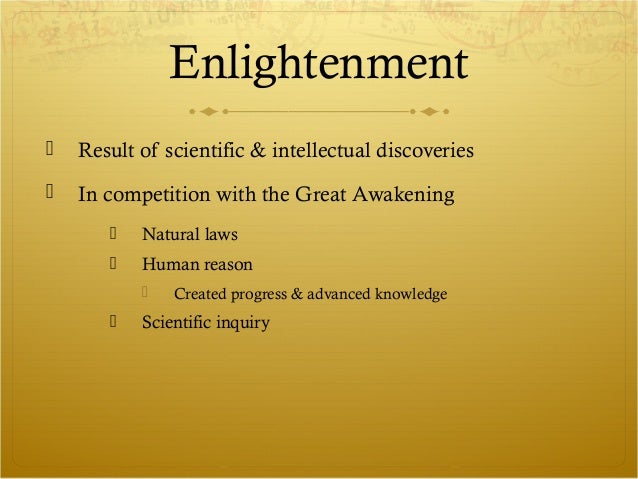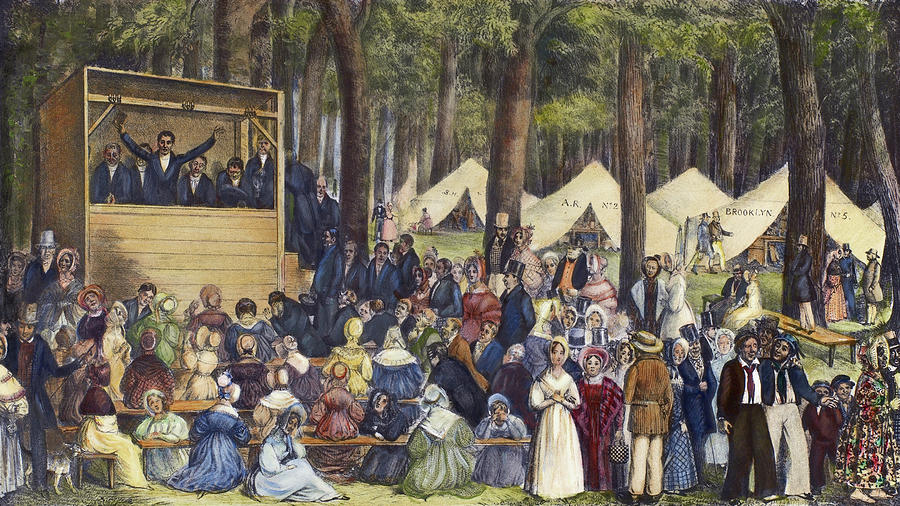5 Results Of The Great Awakening

The Great Awakening The Revival of Religion in the time of Edwards and Whitefield This edition was published in 2017 by Counted Faithful in London, UK. Table of Contents. The Results: 421: The Physical Object Format Paperback Number of pages 464 Dimensions 9 x 6 x inches ID Numbers Open Library OL30796695M ISBN 13. The Great Awakening helped create the evangelical movement, which heavily emphasized the individual's experience of salvation and the Holy Spirit's work in revivals. By giving many evangelicals radical notions of the spiritual equality of all people, the revivals helped breed the democratic style that would come to characterize the American. Importance of the Great Awakening Religion in the colonies began to disintegrate. Congregants were now urged to seek God personally and uphold morality through self-examination. The popular belief before the Great Awakening was that power or religious messages flow from God to religious leaders who then disseminate the message to the people. Agendas and counter agendas at play. A rich history of biowarfare that most people are completely oblivious to. More international medical organizations and NGOs than anyone can count! The COV1D-5.G Map includes it all! Do not be fooled by the simplistic assumption that the title of this map indicates that we are claiming the entire COV1D pandemic is wholly the result of 5G.


5 Results Of The Great Awakening Season
Remember, this.WIN is the public face of the Great Awakening, and, as a member here, you agree to represent the Great Awakening movement against Globalism, Communism and Progressive Insanity in the best, most positive way possible. NOTE: Your comments and posts may become news.
List 5 Results Of The Great Awakening

5 Results Of The Great Awakening Cast
- Time Period
- 1733 - 1770
- Description
- The First Great Awakening transformed religious life and theology in the colonies during the mid-18th century. Proponents of the revivals worried that religion had become a cold, intellectual assent to truth rather than a vital relationship with the person of Christ.
The Great Awakening was not universally acclaimed, but Congregationalist pastor Jonathan Edwards defended the revivals as God's 'own peculiar and immediate work.' George Whitfield was the most prominent figure of the First Great Awakening. His preaching tours of the colonies drew massive open-air crowds.
Older Protestant denominations faced competition from newer evangelical denominations like Baptists and Methodists. The upstart groups remained a minority in most of the colonies, but their increasing size and influence presaged the Second Great Awakening and the advent of an evangelical religious majority. - Interactive Timeline(s)
- Prominent Religious Events and People in American History
Baptist Religious Events and People in American History
Methodist Religious Events and People in American History
Presbyterian Religious Events and People in American History - Browse Related Timeline Entries
- Prominent Religious Events and People in American History
Baptist Religious Events and People in American History
Methodist Religious Events and People in American History
Presbyterian Religious Events and People in American History - Narrative
- The 'First' Great Awakening was only labeled as such during the 1840s by proponents of the 'Second' Great Awakening, but even in the mid-18th century American Protestants knew that the revivals they observed were transforming religious life and theology. Proponents of the revivals worried that religion had become a cold, intellectual assent to truth rather than a vital relationship with the person of Christ. Furthermore, the traditional Calvinist view of conditional atonement--that God offers salvation only to the elect--began to soften as many revivalist preachers proclaimed that God promised salvation to all who repented of their sins and trusted in Christ.
The Great Awakening was not universally acclaimed. Conservative ministers criticized the revivals for excessive emotional outbursts and doctrinal irregularity. Congregationalist pastor Jonathan Edwards responded to those critics with a widely-distributed essay, A Faithful Narrative of the Surprising Work of God (1737), in which he argued that the revivals were God's 'own peculiar and immediate work.'
While Edwards did much to advance the Awakening through his books and sermons, it was a British evangelist, George Whitfield, who was the most prominent figure of the First Great Awakening. Whitefield conducted regular preaching tours of the colonies from 1738 until his death in 1770. His expressive, extemporaneous preaching style drew in large open-air crowds that routinely numbered as many as 30,000 listeners.
The First Great Awakening had lasting significance for the religious landscape in America. Older Protestant denominations, like Congregationalism and Anglicanism, now faced competition from newer evangelical denominations like Baptists and Methodists. The upstart groups remained a minority in most of the colonies, but their increasing size and influence presaged the Second Great Awakening and the advent of an evangelical religious majority. - Religious Groups
- Timeline Entries for the same religious group Anglicanism Family
Anglicanism Family: Other ARDA Links
Baptist Family: Other ARDA Links
Methodist/Pietist Family: Other ARDA Links
Presbyterian-Reformed Family: Other ARDA Links - Biographies
- Whitefield, George
Edwards, Jonathan
Tennent, Gilbert
Occom, Samson - Movements
- Missionary Movement
Abolitionism
The First Great Awakening
The Third Great Awakening
The Fourth Great Awakening - Photographs
George Whitefield preaching in Philadelphia- Internet Archive- from Life of George Whitefield by A. S. Billingsley
George Whitefield preaching at a horse race- Internet Archive- from Life of George Whitefield by A. S. Billingsley
John Wesley preaching- Hathi Trust- from The Great Revival of the Eighteenth Century by Edwin Paxton Hood- Book/Journal Source(s)
- Ahlstrom, Sydney, 2004. A Religious History of the American People. New Haven: Yale University Press.
- Web Page Contributor
- Paul Matzko
Affliated with: Pennsylvania State University, Ph.D. in History